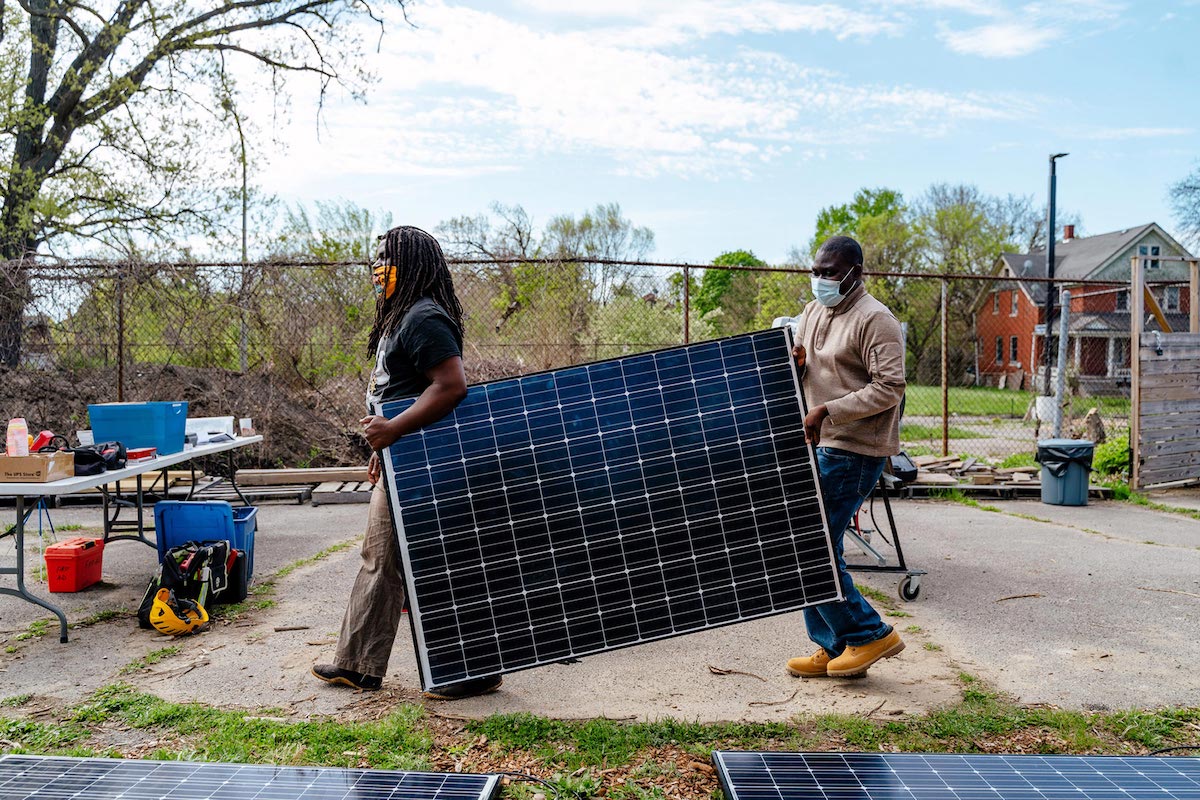
Professor of geosciences Alejandro “Lejo” Flores was a contributing author of the Fifth National Climate Assessment, released November 14, 2023. Flores co-wrote the chapter 18, “Complex Systems,” together with colleagues from the University of Miami, Cornell University, the U.S. Environmental Protection Agency and U.S. Army Corps of Engineers.
The chapter focuses on how climate change is increasingly affecting vulnerable populations throughout the United States because of the intersection between changes in climate and to infrastructure, housing and livelihoods. This shift calls for more collaborative approaches to decision-making that integrate diverse ways of knowing in efforts to adapt to and mitigate against climate change, the authors said.
The National Climate Assessment is a quadrennial report to the U.S. President and Congress, mandated by the Global Change Research Act of 1990. The act calls on the U.S. Global Change Research Program to report on the current understanding of climate change as it affects the U.S., the effects on the natural environment and human systems, and anticipated trends over the next 25 to 100 years. The full publication can be viewed at nca2023.globalchange.gov.